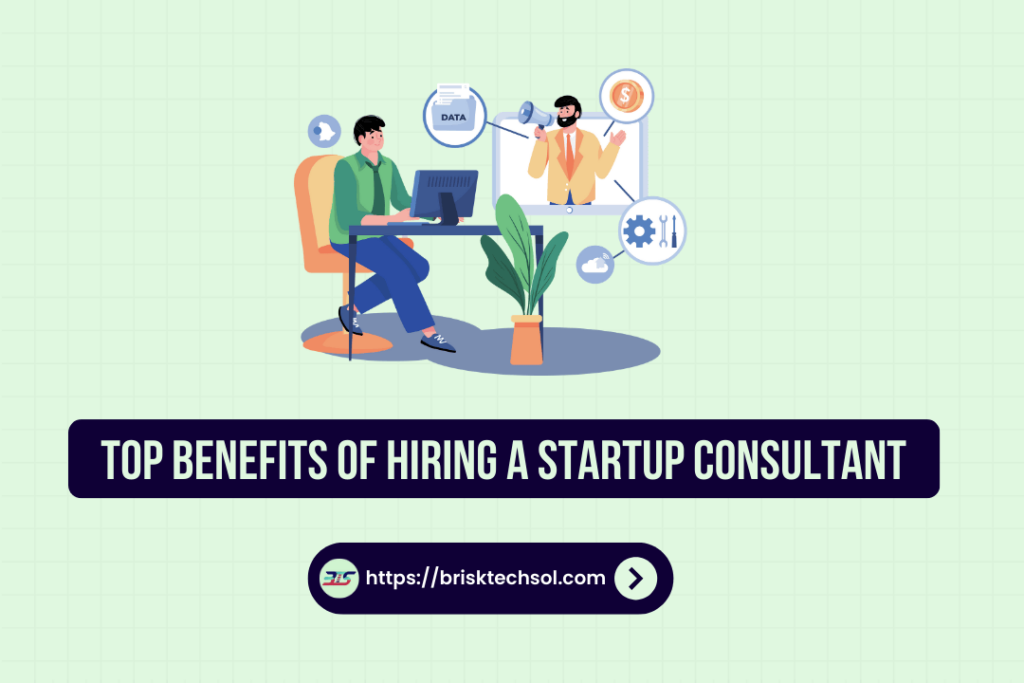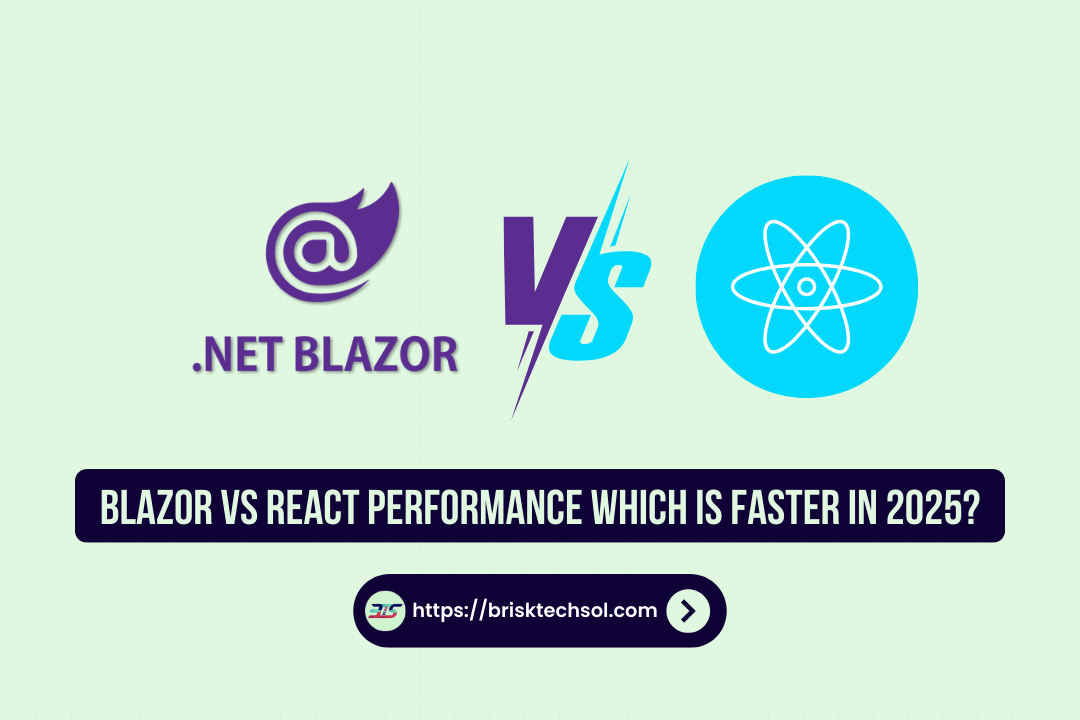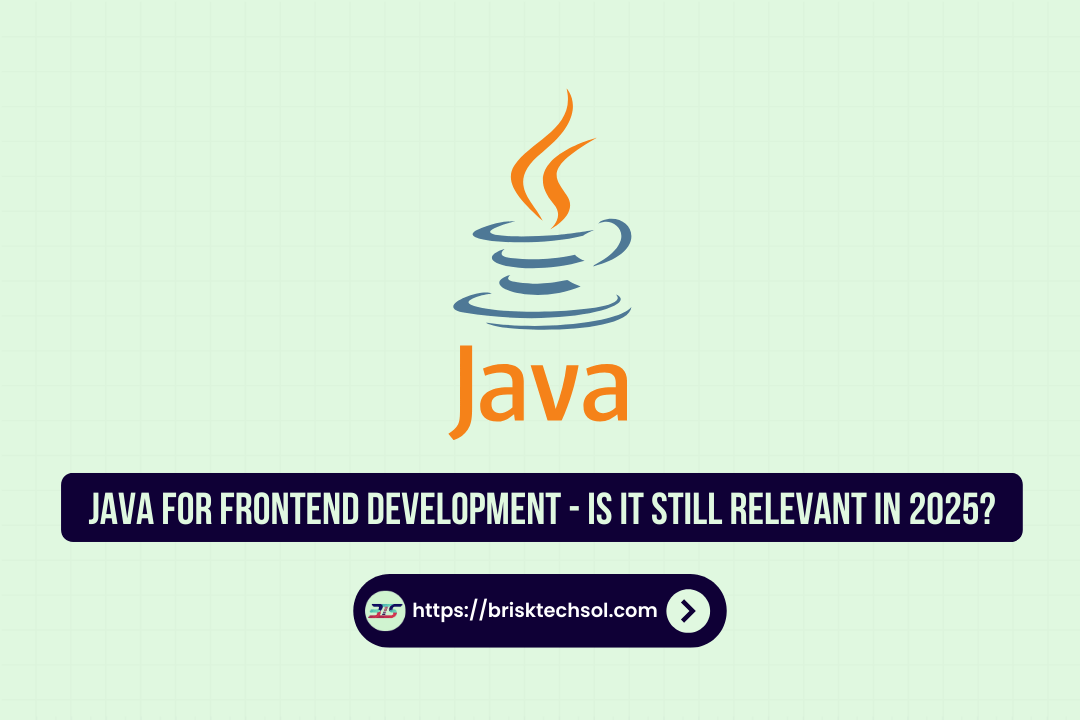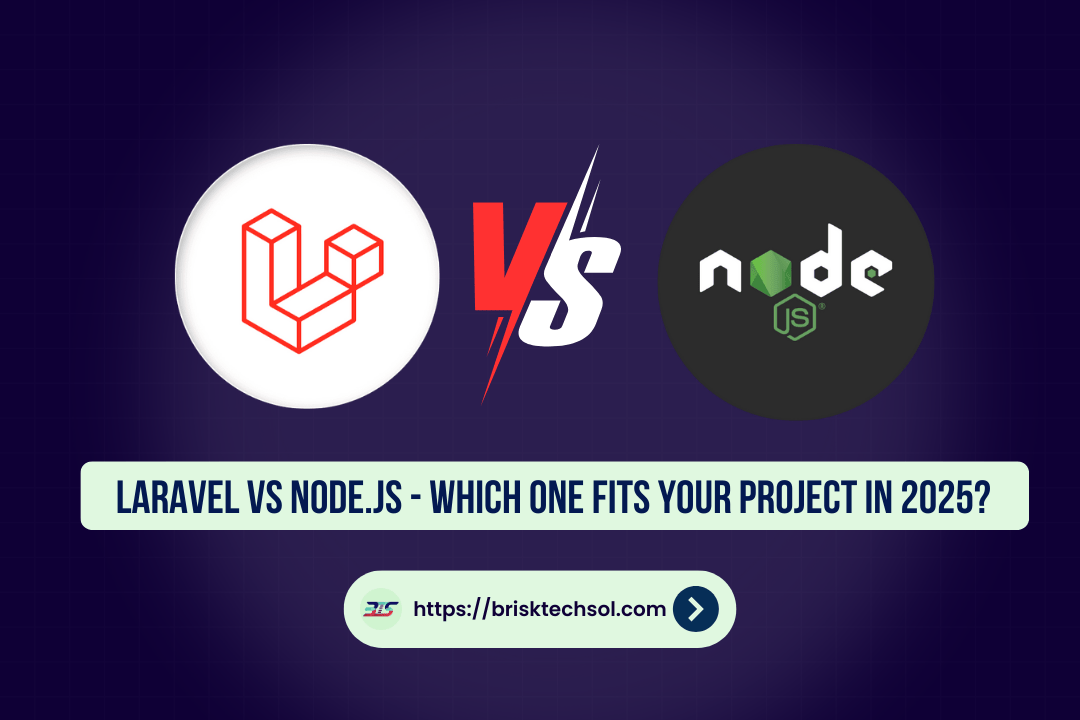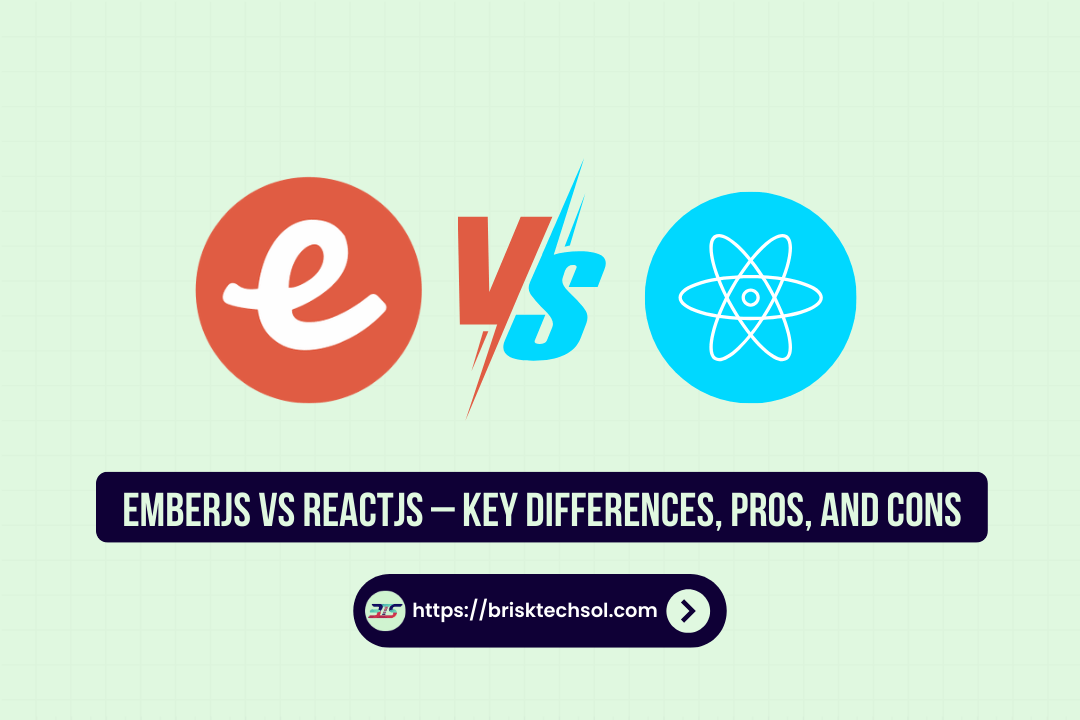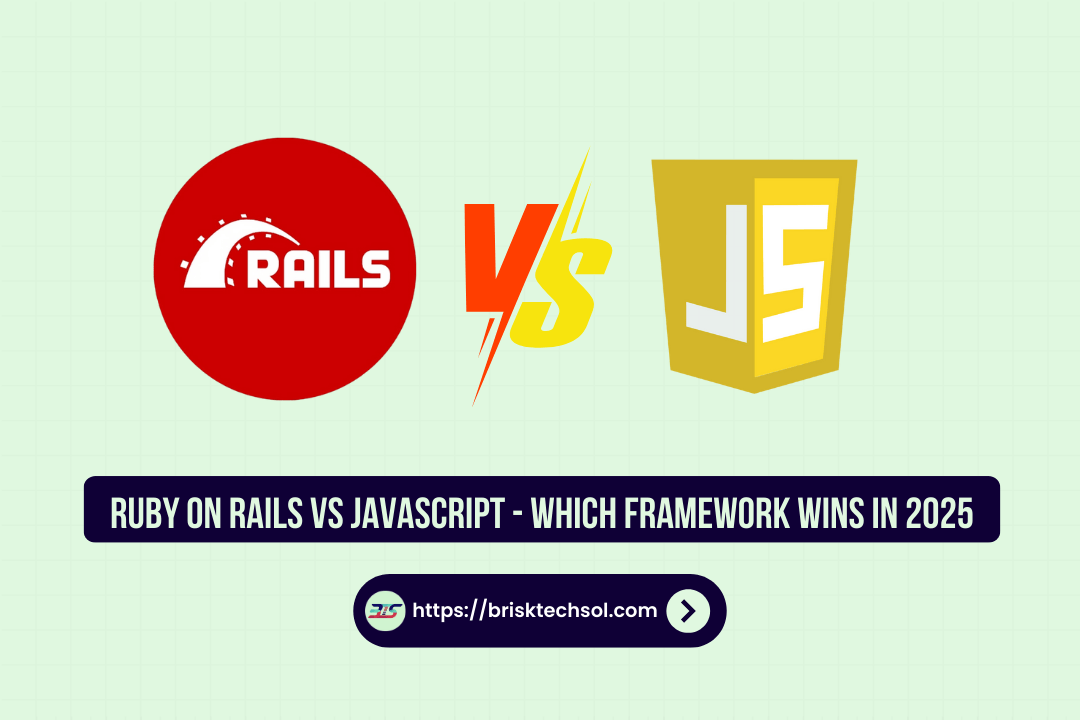What is Startup Consulting?
Startup consulting is a specialized service designed to assist new ventures in overcoming the unique challenges of the startup phase. Unlike traditional business consulting, which tends to address broader corporate needs, startup consulting focuses on high-growth potential, rapid market entry, and agile decision-making. Consultants in this field leverage industry-specific expertise to tailor strategies that address funding, product development, and scaling in competitive markets.
The Evolution of Startup Consulting
Historically, business consulting was a one-size-fits-all model geared toward established companies. However, as the startup ecosystem began to flourish, the need for specialized advisory services emerged. Over the past decade, startup consulting has evolved dramatically integrating lean startup principles, agile methodologies, and digital transformation insights. Today’s consultants combine traditional business acumen with innovative strategies, making them invaluable partners for startups striving to disrupt markets.
Key Concepts and Terminology
A few key concepts define startup consulting:
- Lean Startup: Emphasizes rapid prototyping, customer feedback, and iterative design.
- Seed Funding: Early investment that provides the necessary capital to launch a startup.
- Business Incubator: An organization that supports startups with resources and mentoring.
- Venture Capital: Investment funds that back startups with high growth potential.
- Growth Hacking: Innovative, low-cost strategies to acquire and retain customers quickly.
Understanding these concepts helps entrepreneurs communicate effectively with consultants. By mastering the industry-specific jargon and methodologies, startups can better align their strategic goals with the advice received. As the field continues to mature, embracing these key terminologies is essential for maximizing the benefits of startup consulting.
Benefits and Value of Startup Consulting
Startup consulting offers a multitude of advantages that can significantly enhance the likelihood of success for new ventures. One of the primary benefits is the access to expert insights that help startups navigate the unpredictable early stages of business development. Consultants bring years of industry experience and proven strategies that can fast-track decision-making, mitigate risks, and streamline operations.
Enhanced Business Strategy and Planning
Consultants work closely with entrepreneurs to develop robust business plans that outline clear, measurable objectives. With detailed market research and competitive analysis, startup consulting helps refine the company’s value proposition, ensuring that every strategic decision is data-driven. This proactive planning can differentiate a startup in a crowded marketplace and attract potential investors.
Improved Access to Funding
For many startups, securing seed funding or venture capital is one of the most challenging hurdles. Expert consultants can assist in crafting compelling pitch decks, identifying the right investors, and negotiating favorable terms. Statistics have shown that startups engaging with consultants often see a 20–30% increase in successful funding rounds compared to those that proceed without professional guidance.
Accelerated Growth and Scalability
Startup consultants implement agile methodologies and growth hacking techniques that are designed to drive rapid growth. By streamlining operations and identifying critical performance indicators, consultants help startups to scale efficiently. Real-world data indicate that startups with strategic consulting support have a notably higher survival rate during the critical first few years.
Risk Mitigation and Problem Solving
Early-stage companies frequently encounter obstacles such as market uncertainties and operational inefficiencies. A seasoned consultant can preemptively identify these challenges and implement contingency plans. This proactive risk management not only prevents costly mistakes but also builds a resilient business model that can adapt to changing market dynamics.
Return on Investment (ROI)
While hiring a consultant requires an upfront investment, the long-term benefits often outweigh the cost. Expert guidance typically results in better resource allocation, improved operational efficiency, and ultimately, a stronger bottom line. Entrepreneurs report that investing in startup consulting often leads to exponential growth and a more sustainable business model.
Overall, startup consulting serves as a catalyst for business success. By leveraging the expertise of professionals who specialize in early-stage ventures, entrepreneurs can transform their innovative ideas into thriving enterprises. The strategic insights and operational guidance provided by consultants are key drivers in turning challenges into opportunities, ensuring that startups not only survive but thrive in competitive markets.
Areas Covered in Startup Consulting
Startup consulting encompasses several critical areas designed to fortify a new venture from the ground up. Each area addresses unique aspects of business development and growth, ensuring that startups have a well-rounded strategic foundation.
Business Planning and Strategy
Effective business planning is the cornerstone of any successful startup. Consultants assist in:
- Crafting a detailed business plan that outlines market positioning, revenue models, and competitive advantages.
- Setting realistic short- and long-term goals.
- Identifying potential risks and developing mitigation strategies.
Market Research and Competitive Analysis
Understanding the market landscape is crucial for startup success. In this area, consulting services focus on:
- Conducting comprehensive market research to identify customer needs and emerging trends.
- Analyzing competitors to pinpoint opportunities for differentiation.
- Utilizing data-driven insights to refine the startup’s strategic approach.
Funding and Investment Strategy
Securing the necessary capital is often the most challenging aspect of launching a startup. Consultants guide entrepreneurs through:
- Preparing persuasive pitch decks and investor presentations.
- Identifying suitable funding sources, including angel investors, venture capital, and crowdfunding.
- Advising on valuation, equity distribution, and negotiations with potential investors.
Product Development and Innovation
Innovation lies at the heart of every successful startup. Consulting services in this area help entrepreneurs:
- Develop a Minimum Viable Product (MVP) to test market assumptions.
- Incorporate customer feedback into iterative product improvements.
- Foster a culture of innovation that encourages continuous development and adaptation.
Scaling and Growth Strategies
Once the startup has established a foothold, the focus shifts to scalability and growth. Consultants offer guidance on:
- Designing scalable operational models.
- Implementing growth hacking techniques to rapidly expand the customer base.
- Monitoring key performance indicators (KPIs) to ensure sustainable growth.
Quick Comparison Table: Traditional vs. Startup Consulting Services
| Service Area | Traditional Consulting | Startup Consulting |
|---|---|---|
| Business Planning | General strategic advice | Tailored startup strategies with agile methods |
| Market Analysis | Broad market trends | In-depth competitive and niche market research |
| Funding Strategies | Standard financial planning | Focus on seed funding and venture capital preparation |
| Product Innovation | Incremental innovation | Rapid prototyping and MVP development |
| Growth Strategies | Long-term planning | Immediate growth hacking and scalability solutions |
This table highlights the nuanced differences between the two approaches. Startup consulting is particularly designed to address the immediate needs and rapid pace required by early-stage ventures, whereas traditional consulting might offer a broader but less focused strategy.
By addressing these key areas, startup consultants help entrepreneurs build a resilient business model. Their expertise enables startups to navigate market uncertainties, secure funding, and continually innovate laying a strong foundation for long-term success. Whether you are in the ideation phase or ready to scale, understanding these core components is essential for leveraging startup consulting to its fullest potential.
Choosing the Right Startup Consultant
Selecting the right startup consultant is a critical decision that can profoundly impact your venture’s success. With a plethora of consulting options available, entrepreneurs need to consider several factors to ensure they choose a partner who not only understands their vision but also possesses the expertise to deliver results.
Qualifications and Expertise
Begin by evaluating the consultant’s credentials. Look for professionals with a proven track record in startup environments. Relevant industry certifications, years of experience, and a history of successful projects are important indicators of their capability. An ideal consultant should have specialized knowledge in your specific sector, whether it’s technology, healthcare, fintech, or another niche.
Client Testimonials and Case Studies
Testimonials and case studies provide valuable insights into the consultant’s real-world impact. Seek references or success stories that demonstrate how their strategies have translated into measurable growth for other startups. Positive feedback from past clients is a strong signal of their ability to deliver tangible results. Detailed case studies outlining specific challenges, strategies implemented, and outcomes can help you assess whether the consultant’s approach aligns with your business objectives.
Industry Experience and Niche Specialization
Industry-specific experience is crucial. A consultant who has navigated challenges within your market is more likely to understand the competitive landscape and regulatory environment. Their familiarity with industry trends and potential pitfalls can provide a significant advantage. Look for consultants who offer niche specialization, as their focused expertise often translates into more tailored, effective strategies.
Price vs. Value Analysis
Cost is always a consideration, but it’s important to weigh price against the potential value. While a lower fee might be attractive, it may not come with the depth of expertise your startup needs. Conversely, a premium consultant who demonstrates clear ROI through improved business performance can be a worthwhile investment. Request detailed proposals that outline deliverables, milestones, and expected outcomes to help compare value offerings across different consultants.
Tips for Effective Consultant-Client Collaboration
A successful consulting relationship depends on clear communication and mutual understanding. Establishing well-defined objectives and performance metrics at the outset is essential. Regular progress reviews and transparent feedback channels help ensure that both parties remain aligned throughout the engagement. Additionally, seek a consultant who is proactive and adaptable, as the startup environment is dynamic and requires continuous adjustments to strategy.
In summary, choosing the right startup consultant involves a careful assessment of expertise, proven results, industry-specific knowledge, and overall value. By taking the time to evaluate these factors thoroughly, entrepreneurs can form a productive partnership that not only guides their venture through initial challenges but also sets the stage for long-term, scalable growth.
Implementing Effective Startup Consulting Strategies
Turning expert advice into tangible results is the next critical step. Implementing effective startup consulting strategies involves a systematic, step-by-step approach:
Step-by-Step Implementation Guide:
- Assessment: Begin with a comprehensive evaluation of your current business model and market position.
- Strategy Development: Collaborate with your consultant to craft a tailored plan that outlines clear objectives, timelines, and KPIs.
- Execution: Implement the recommended strategies—whether it’s refining your pitch, optimizing your operations, or launching new marketing initiatives.
- Monitoring: Regularly track performance against the set KPIs to identify areas for improvement and pivot strategies as needed.
Key Performance Indicators (KPIs) to Monitor:
- Customer acquisition rates
- Revenue growth
- Operational efficiency
- Investor engagement
Practical Tools and Resources:
Utilize project management software, analytics platforms, and customer relationship management (CRM) systems to streamline execution. These tools help maintain transparency, facilitate communication, and enable data-driven decision-making.
Quick Roadmap Table:
| Phase | Action Steps | Timeline |
|---|---|---|
| Planning | Evaluate business, set objectives | 1-2 weeks |
| Execution | Implement consulting strategies | 1-3 months |
| Monitoring | Track KPIs and adjust tactics | Ongoing |
This structured approach ensures that the insights provided by startup consulting are effectively translated into real-world business improvements. By following this roadmap, startups can quickly adapt to market changes, measure their progress, and secure a competitive advantage.
Conclusion
In conclusion, startup consulting is a transformative resource that empowers entrepreneurs to turn innovative ideas into successful ventures. From strategic planning and market research to funding and scaling, expert guidance accelerates growth and mitigates risks. By embracing the trends and implementing effective strategies, startups can navigate challenges with confidence and achieve sustainable, long-term success.
FAQ’S
What does a startup consultant do?
A startup consultant provides expert guidance on business strategy, market research, funding, operations, and scaling to help new businesses succeed.
How much do startup consulting services cost?
The cost varies based on experience, project scope, and industry, typically ranging from $100 to $500 per hour or $5,000 to $50,000 for full-scale consulting packages.
When should a startup hire a consultant?
Startups should consider hiring a consultant when facing challenges in market validation, business strategy, financial planning, or scaling operations.
How do I choose the right startup consultant?
Look for consultants with relevant industry experience, proven success, positive client testimonials, and a structured approach to solving business challenges.
Can a startup consultant help with funding?
Yes, many startup consultants assist with fundraising strategies, investor pitch decks, business plans, and connections to venture capitalists or angel investors.


